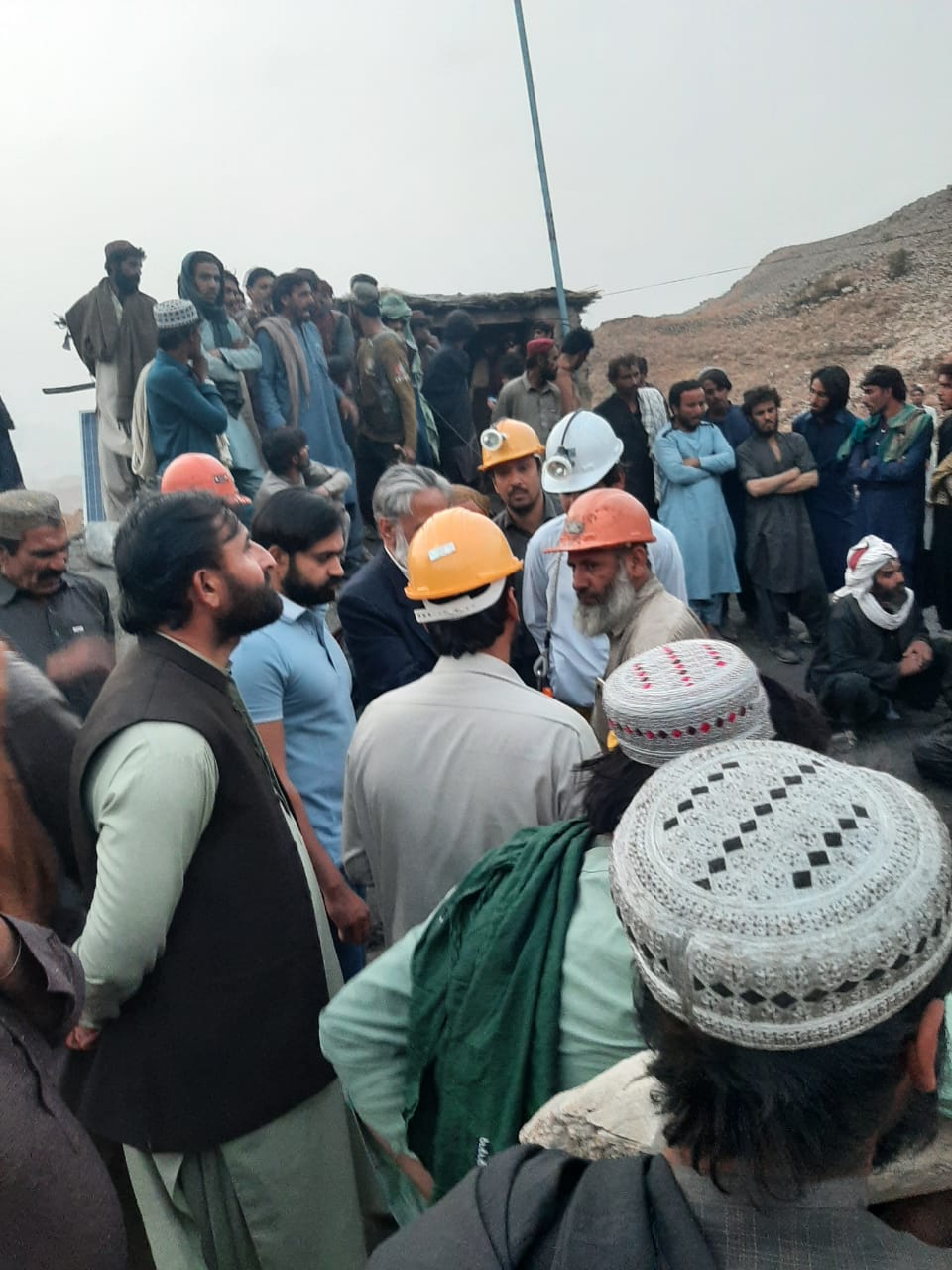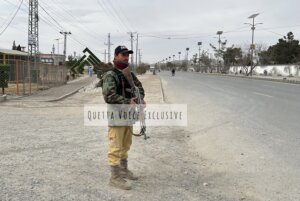Editorial:
The collapse of the coal mine in Sanjdi, near Quetta, once again exposes the glaring lack of safety measures in Balochistan’s mining sector.
Despite the tragic loss of four miners and the ongoing desperate rescue operation for eight others trapped underground, this incident is not an isolated event. It reflects the systematic failure to enforce basic safety standards and the callous disregard for the lives of the workers.
Accountability Must Extend Beyond Mine Owners
While the coal mine owner must be held accountable for failing to provide safe working conditions, the responsibility does not end there.
Officials in the Mines and Minerals Department, tasked with ensuring miners’ safety, must also face scrutiny. If found negligent, they too should be punished. Accountability should be broad and systemic, targeting all those complicit in ignoring safety protocols and risking human lives for profit.
The Mines Act of 1923: A Century of Neglect
The Mines Act of 1923 was enacted during British rule to safeguard miners’ lives. A century later, its provisions remain largely ignored. The Act mandates strict safety standards, periodic inspections, and the establishment of safeguards against hazards like gas buildup. Yet, successive governments have failed to implement it in letter and spirit, leaving miners vulnerable to deadly accidents.
A Call for Immediate Reforms
The Sanjdi tragedy must serve as a wake-up call for comprehensive reforms in Balochistan’s mining sector. Authorities should:
•Enforce the Mines Act of 1923: Conduct regular inspections and impose strict penalties for non-compliance.
•Hold Officials Accountable: Investigate Mines Department officials for negligence and prosecute if found guilty.
•Introduce Modern Safety Standards: Equip mines with advanced safety systems, including gas detectors and reinforced structures.
•Empower Workers: Establish grievance mechanisms for miners to report unsafe conditions without fear of retaliation.
Lip Service Must End
The repeated assurances from provincial ministers and officials mean little when no tangible action follows. The fact that no senior official visited the Sanjdi mine even 48 hours after the collapse underscores the ruling class’s indifference toward the working class. Coal miners, driven by poverty and unemployment, risk their lives daily in unsafe conditions, only to be forgotten in times of tragedy.
A Moral and Legal Imperative
Protecting coal miners is not just a legal obligation but a moral imperative. The government must prioritize the safety and dignity of those who fuel the economy at the cost of their own lives. The Sanjdi disaster should not become just another statistic but a turning point in ensuring justice and reform.
The time for action is now. Anything less than full accountability and the strict implementation of safety laws would be a betrayal of the miners and their families who continue to suffer in silence.






